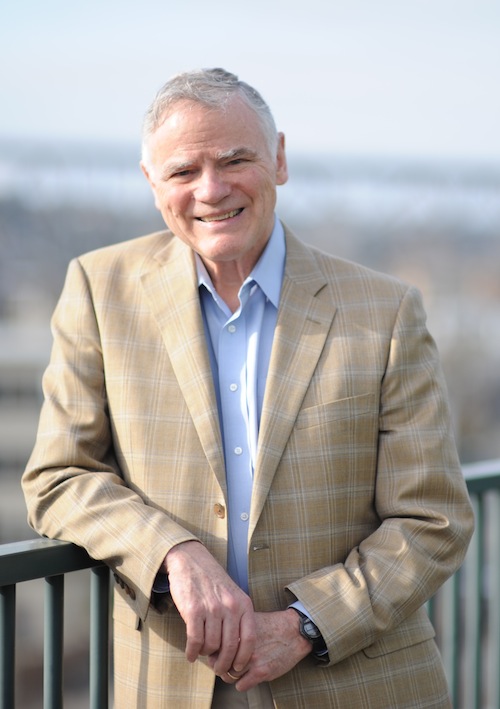 Leroy Hood
Leroy Hood
In March, Seattle, Washington-based Institute for Systems Biology (ISB) president Leroy Hood will launch a 9-month pilot study of 100 individuals to measure their health over time with digital devices, according to Nature.
During the 9 months, individuals in the pilot will be monitored, provided with feedback, and coached to make lifestyle changes. The subjects will be given diagnostic tests so that Hood and his team can take monitor the effects these changes. The project has be dubbed the 100 Person Wellness Project.
Hood is using this pilot in part to support his idea of P4 medicine, which is predictive, preventive, personalized and participatory. The pilot, if successful, will eventually consist of 100,000 subjects monitored over 25 years. ISB will cover the expenses of the trial for the first 100 people, which comes to $10,000 per person, although if the trial continues, Hood acknowledged the price will drop. (Correction: An original version of this article incorrectly stated that ISB was paying participants as opposed to paying for the tests needed to participate.)
To pick participants for the trial, the researchers will invite their own friends, family and colleagues. From there, ISB spokesperson Gretchen Sorensen told MobiHealthNews, the team will filter the group by which applicants will actually stay with the study.
"What I've found fascinating about this study and recruiting people is that it has really broad based appeal," Sorensen said. "It appeals to the triathlete who wants to get a better time and it appeals to the baby boomer who's healthy but really wants to stay healthy. And it appeals to people that either have had some health issues or think they may have some health issues in the future."
Although the list of people participating is not yet complete, Sorensen said it will likely include a lot of individuals from the Seattle region and a few families. One of the families in the trial has 10 members participating.
The digital devices in the pilot will record physical activity, heart rate and sleep patterns, which the subjects will have to upload to ISB's portal. Every three months, researchers will also gather samples of participants’ blood, urine, saliva and stool. The researchers will measure five biochemicals in the urine and saliva, and track microbial species in the gut with the stool samples.
"We have not decided on which device we're going to use," Sorensen said. "There are two sides to the equation. One, we want to get as much info as possible, but we also want to make this as seamless and low impact for the participants. We want to make sure that whatever we do, there's a lot of ease of use with the device and that [the device will] be able to track some significant things, but some of the things we would like to track aren't quite ready for prime time. But there are a lot of things we can track like the steps, distance, and sleep."
One thing that Sorensen said the researchers are struggling with is battery life. On a device that tracks a specific trend well, for instance, sleep, it might also only have a battery life of a day. This will limit the person trying to use the device for nine months.
According to Nature, the study breaks many rules for designing trials. The 100 Person Wellness Project does not have a control group, blinding or randomization.
Throughout the course of the trial, Sorensen believes the team will have lots of opportunities to fine tune it, given that the end goal is 25 years away.
Sorensen said at a high level the researchers are looking at what they can make actionable, such as correlations between the different data points in the study.
Larry Smarr, founding Director of the California Institute for Telecommunications and Information Technology (Calit2) and pioneering self quantifier, who was vocally in support of this trial, had studied his stool, blood, and sleep patterns to diagnose his own health issues a few years ago. Since then, Smarr joined the advisory board for Health Data Exploration, an initiative aimed at convincing the companies that make tracking devices, connected health devices, and fitness apps to make the data their devices collect available for research purposes.
















